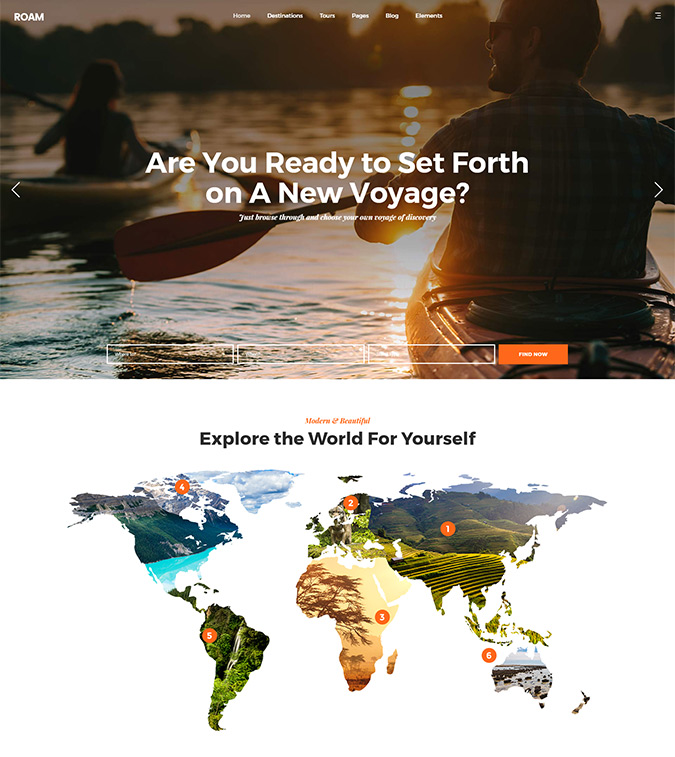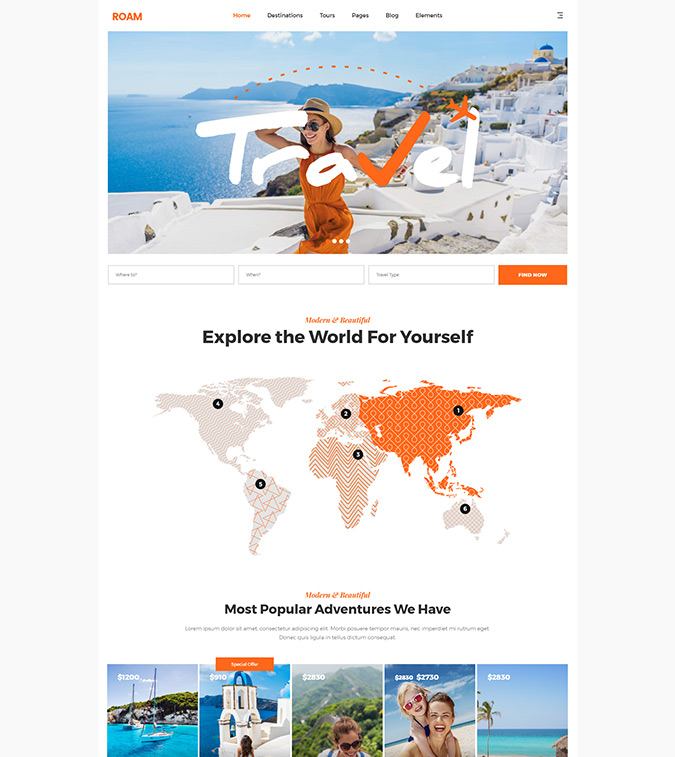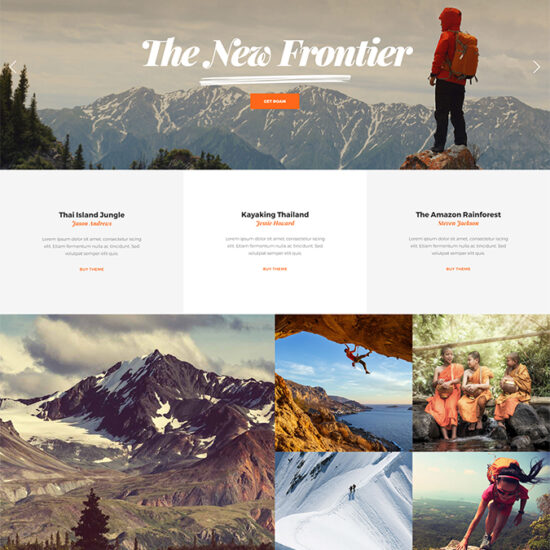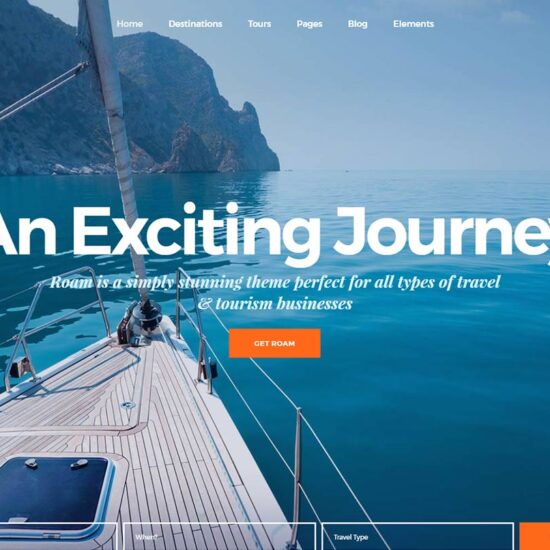
Capacity of development of the territory through the Water was once again the central theme of the IV Aqua Forum of Alto Tâmega e Barroso
The Vidago Palace Hotel, in the municipality of Chaves, hosted once again the Alto Tâmega and Barroso Aqua Forum. The fourth edition of this event took place last 2 December.
Once again, the water, aggregator resource which unites the six municipalities of Alto Tâmega e Barroso – Boticas, Chaves, Montalegre, Ribeira de Pena, Valpaços and Vila Pouca de Aguiar -, was potentiated in its various aspects, from agriculture, tourism, energy and spas. Besides, it was also given great importance to the scarcity of the same, a reality that devastates several territories of the country, namely the region of Alto Tâmega and Barroso, and how its utilization should be moderated, as well as the prevention of the losses that still exist due to the precarious conditions of some of the infrastructures that transport it to the citizens’ houses. However, with regard to this last point, it was possible to observe a great evolution in our country that translates into increasingly lower percentages of losses.
In this fourth edition of Aqua Forum were then present personalities and representatives of several identities which look to the hydric resources and explore them as a way to potentiate the touristic and economical growth of Alto Tâmega e Barroso region.
The initiative was composed by three panels: in the first panel the central theme was “The water as an aggregator element of health and welfare”; in the second one was spoken around the theme “The importance of the water in the strategic future of the country”; the third and last panel had as main subject “The water as a primordial factor in the sustainable development”.
“The good understanding that exists between the six mayors of the Intermunicipal Community of Alto Tâmega e Barroso made with that we, instead of always walk with the hand outstretched to ask for clemency and that they bring us something, we present a solution. And naturally, we have to start from our endogenous products. The most unifying element of the six municipalities is water. Whether in terms of tourism, gastronomy, economy, agriculture, it is the common element of the six municipalities,” said Fernando Queiroga, President of AquaValor – Centre for the Valorisation and Transfer of Water Technology.
Inevitably, the loss of population in the Inland regions was once again a subject spoken about in this Forum. In this sense, Fernando Queiroga referred that, although the region has other endogenous resources, water was the “lever” to capture training, innovation and technology for the territory, so that it is possible to add more value to all the other products that exist in the territory, and it is important that “this value stays in the territory, so that people continue to produce the excellent quality products that are already produced in this territory and, of course, keep people here. This NUT III has lost a lot of people and, therefore, we have an added responsibility. Therefore, we can only reverse this trend by creating added value, empowerment and better living conditions for people to come. That is what we have been doing. This cannot be achieved from one year to the next, but it is already being noticed because more companies are settling in the region.”
The Mayor of Boticas also highlighted the work that has been developed by AquaValor within the scope of research and, consequently, in the valorisation of the territory through these same functions.
In his turn, Nuno Vaz, Mayor of Chaves, highlighted the capacity that territories like Alto Tâmega and Barroso have for the fixation of their youngsters and also to attract more qualified people: “Focusing on water, we want to give that emphasis, even if we want to continue with more knowledge, to be more efficient and more focused. We can, naturally, also invest in other areas of economic development and, with this, create the conditions for more companies to establish themselves, so that more employability can be generated. We are all aware that the demands are great, that there is a great territorial competition, and in this logic it makes all the sense that we mobilize all the resources, all the capacities and all the competences so that we may effectively have a territory that may assert itself and that may, naturally, create all the conditions for us to compete in a higher level”.
Isabel Ferreira, Secretary of State for Regional Development, attended the event and highlighted that “in the Inland territories there is a great dynamic, namely in attracting foreigners, but this migration balance has not been enough to balance the natural balance because fewer people are actually born. Therefore, we must know how to adapt our strategy to this reality, but make the territories functional. For this we need to have people and increasingly qualified people. And to attract people we need to have qualified and diversified employment. This is, undoubtedly, the path, the path in which the local governance entities, the municipalities, join together in a strategy they have for their territory based on endogenous resources and see them as an opportunity. And in which they associate with other relevant actors of the territory, such as higher education institutions, research centres, collaborative laboratories and companies, and all work on the same strategy”.
The Portuguese Government representative also mentioned that water “is one of the solutions [for the territory’s development]”.
Another point very focused by these three speakers was the return of the public higher education to the Alto Tâmega e Barroso territory. A very recent reality, and one more step taken in the fixation and attraction of qualified people.
The 4th edition of Aqua Forum of Alto Tâmega e Barroso had the organization of the Intermunicipal Community of Alto Tâmega e Barroso in partnership with AquaValor – Centre of Valorization and Technology Transfer of Water.






